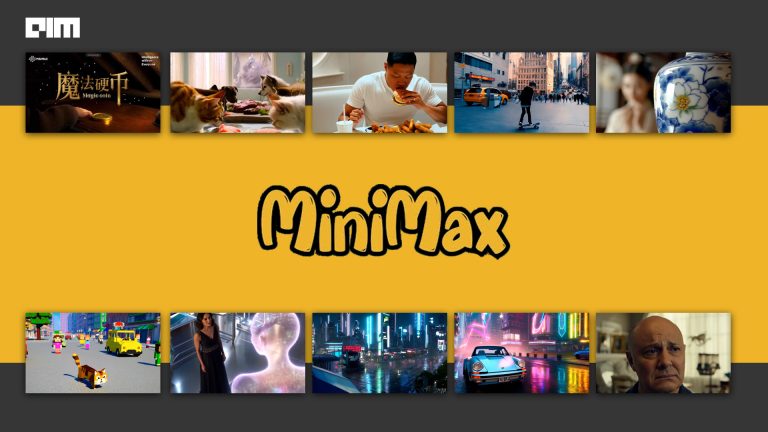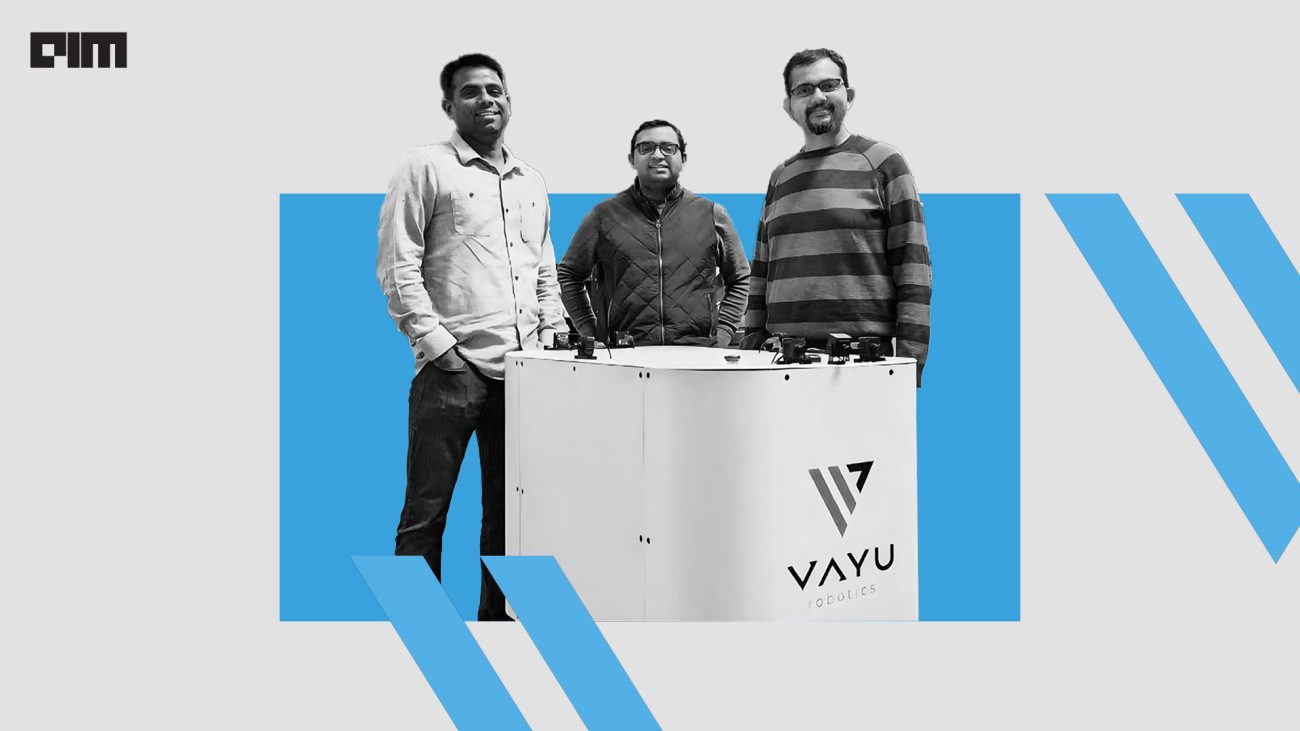|
Listen to this story
|
While the debate around GitHub Copilot and Cursor AI is increasing, Codeium, an AI-powered code acceleration platform, announced that it has raised $150 million in a Series C funding round, propelling its valuation to $1.25 billion, becoming a unicorn.
The round was led by General Catalyst, with continued participation from existing investors Kleiner Perkins and Greenoaks. This funding milestone marks Codeium’s ascent to Unicorn status in less than two years since its inception.
“The future of coding isn’t just about writing lines of code faster—it’s about enabling developers to think bigger, push boundaries, and achieve the extraordinary,” said Varun Mohan, CEO of Codeium. “This fresh funding means we’re more equipped to help developers turn those ‘what ifs’ into ‘what’s next,’ having the freedom to innovate without limits and turn challenges into opportunities for growth.”
Codeium’s platform leverages proprietary code-based LLMs to streamline software development and enhance developer productivity. With the newly secured funds, the company plans to accelerate the development of new features, expand its product offerings, and increase its workforce. The focus will also be on strengthening partnerships to maximise AI strategies and broaden its market impact.
Quentin Clark, Managing Director of General Catalyst, emphasised Codeium’s rapid adoption in real-world production environments, stating, “Codeium isn’t just an idea—it’s a fully scaling business with widespread enterprise adoption. Their genAI tools for software development are proving their worth in real production environments, where reliability is key.”
The funding announcement follows a period of significant growth for Codeium. The company has expanded its team to 80 professionals and grown its user base to over 700,000 active developers. In 2024, the enterprise product achieved eight figures in annual recurring revenue, with ARR increasing by over 500%. Additionally, Codeium now processes more than 100 billion tokens daily and has been integrated into production workflows at major companies such as Zillow, Dell, and Anduril.
Codeium has proactively removed “non-permissively” licensed code, such as copyrighted code, from the datasets used to train its AI models. This step addresses a common issue with some code-generating tools that, when trained on restrictively licensed or copyrighted code, can inadvertently reproduce that code, leading to potential legal risks for developers. According to Mohan, Codeium avoids this problem through its careful preparation and filtering of training data.
Recent technological advancements from Codeium include the launch of Cortex, an AI-powered reasoning engine for managing complex coding tasks, and Forge, an AI-assisted tool that enhances code review efficiency and culture. These innovations are part of Codeium’s mission to transform software development by making coding faster, smarter, and more intuitive.
In similar news, another AI coding assistant platform, Magic, closed a round of $320 million, including participation from Eric Schmidt, Atlassian, Jane Street, and Sequoia.



























